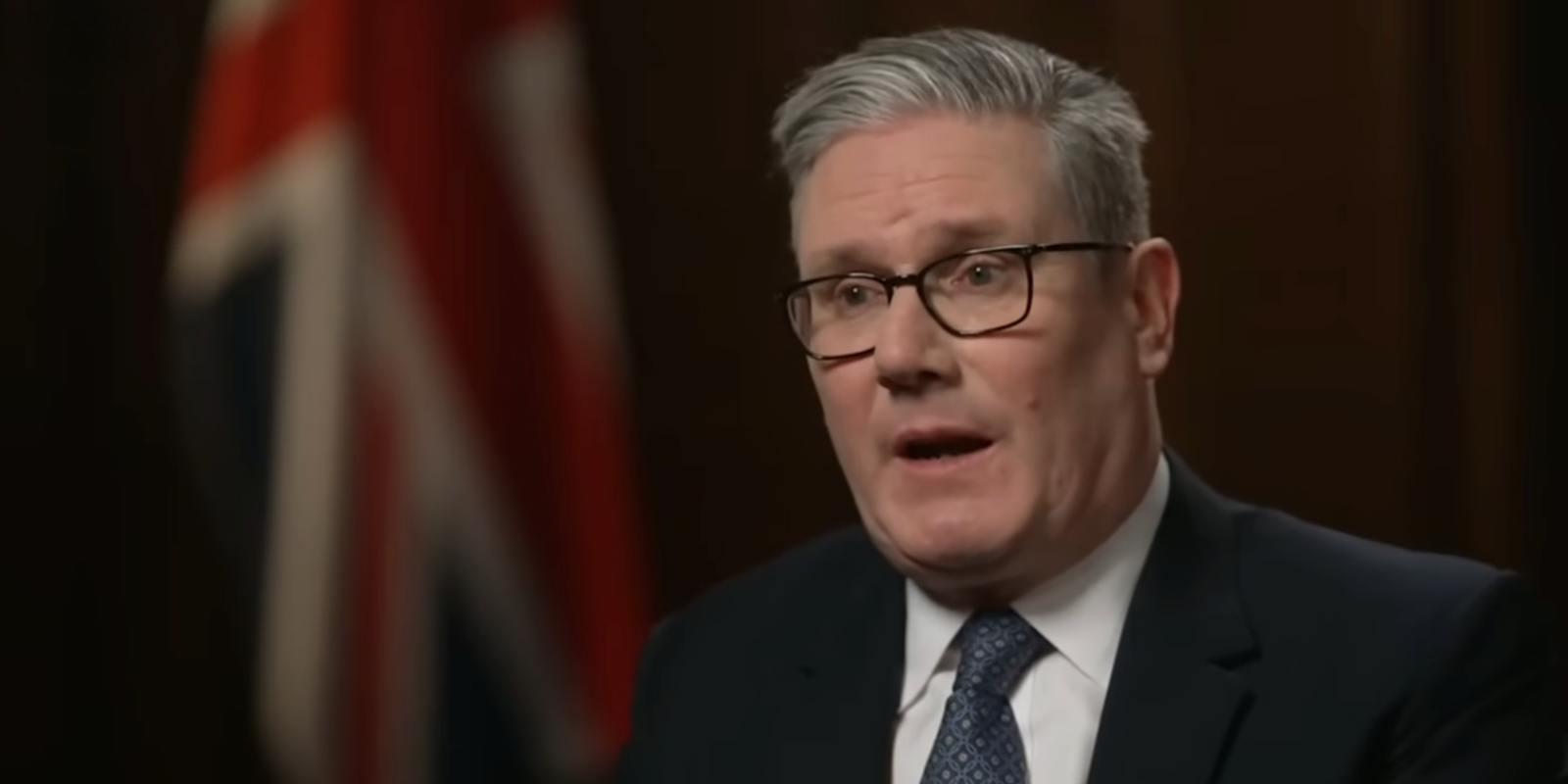In the wake of the tragic events in Southport on July 29th, where a stabbing spree claimed the lives of three young girls, the United Kingdom has been thrown into turmoil. The unrest, fueled by a mix of fear and unfounded rumors, has ignited riots across the country. The justice secretary has warned that the repercussions of this civil unrest could persist for "months and years to come.” The riots, sparked by false claims that the suspect was an asylum seeker, have resulted in the arrest of 779 individuals, with 349 already facing charges. The government's response has been swift and heavy-handed, with courts operating extended hours to process the surge in cases. However, the implications reach far beyond the immediate turmoil. The protesters, many of whom are angry and justifiably concerned, may unwittingly be advancing a government's agenda to tighten its grip on society. This, in all likelihood, will lead to an expansion of state surveillance and a further erosion of civil liberties.
Not just in the UK, but far beyond.
The head of London's Metropolitan Police has made it clear that the authorities will be intensifying their scrutiny not just of British citizens but also of American citizens who post content deemed "offensive" online. This unprecedented move to extend the reach of UK law beyond its borders signals a dangerous trend towards the weaponization of language and the criminalization of dissent. The message is clear: You can run, but you can’t hide—even in another country.
The more the protests continue, the more the government will feel justified in implementing stronger surveillance measures and more invasive responses, and the more Britain will resemble Beijing. The UK is not alone in this trend; similar patterns are emerging in Ireland, my country of birth, and the United States, where governments are increasingly using the pretext of public safety to clamp down on free speech and privacy.
The Irish government, as totalitarian as they come, has identified a surge of bigotry, misinformation, and falsehoods on social media platforms as a major threat. The new Prime Minister, Simon Harris, has vowed to hold social media executives personally liable for the content on their platforms. By the end of this year, Harris plans to implement binding regulations with penalties, marking Ireland as a global leader in combating “harmful” online content.
But, of course, this is not just about Ireland or the UK. The Biden administration, widely regarded as one of the most anti-free speech administrations in American history, may very well cooperate with the UK's efforts to extradite American citizens who post "offensive" content online. The globalist trend towards suppressing dissent and controlling information is becoming increasingly apparent, and the implications for freedom are dire.
Should Kamala Harris become president—an idea that no longer seems as far-fetched as it did a few weeks ago—anticipate a growing number of once-innocuous acts being reclassified as hate speech.
As the UK government ramps up its surveillance and control measures, the ultimate goal becomes abundantly clear. It is not about protecting the public; it’s about consolidating power and neutralizing opposition. The justice secretary's warning that the repercussions of the riots could last for years suggests that the government is preparing to use this crisis as a justification for long-term, possibly permanent, changes to the legal and social fabric of the nation.
In other words, Big Brother is about to get a whole lot bigger—and, one assumes, badder.
The irony here is as obvious as it is tragic. The very people who are protesting against what they perceive as the erosion of British values and the threats posed by immigration are inadvertently contributing to the acceleration of the state's control over their lives. The more they riot, the more the government will argue that stronger measures are needed to maintain order, leading to a cycle of repression that could be difficult to break.
Language is a powerful tool, and in the hands of the state, it can be weaponized to stifle dissent and intimidate anyone who dares to speak out. The warnings from the Metropolitan Police and the government's focus on prosecuting online "offenses" are clear indications that the UK is moving towards a society where free speech is increasingly under threat.
Elon Musk's assertion that "civil war is inevitable" in Britain may seem hyperbolic, but it reflects a growing sense of unease about the direction in which the country is heading. The government's response to the riots, with its focus on absolute control, suggests that they are more concerned with suffocating dissent than tackling the root causes of the unrest: rampant unemployment, uncontrolled immigration, rising living costs, and a deepening housing crisis.
As the political class in Britain and beyond continues to tighten their grip on information and speech, the concept of privacy and freedom of expression is rapidly eroding. The UK government's aggressive stance towards extraditing foreign nationals for online content is just the beginning. The broader story is one of a worldwide trend where there is increasingly nowhere to hide from the reach of the state.





